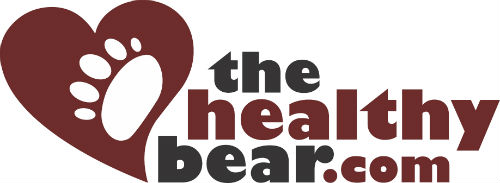Hey there Guys, Today I wanted to share a story from the Star Observer of a Sydney man that was refused PEP (post exposure prophylaxis) after a potential expose to HIV.
A gay Sydney man was denied access to preventative medication by a major hospital despite being at-risk of contracting HIV. 30-year old Sydney resident Stephen*, whose name has been changed, had unprotected sex with a stranger on the night of December 22.
The following day he rang the NSW Government’s Post-Exposure Prophylaxis (PEP) Hotline, a service that provides information to people who believe they may have been exposed to HIV. The hotline recommended Stephen report to the nearest emergency department and request a course of PEP medication, which he did that evening. After waiting for more than three hours at the Royal Prince Alfred (RPA) Emergency department, Stephen was informed that the head doctor on duty had denied him access to PEP medication on the grounds that he was “low-risk”.
Stephen protested, arguing that the hotline had urged him to seek PEP medication, but was repeatedly denied. The doctor never spoke to Stephen himself, communicating only through a nurse. Stephen’s request for a second opinion was also denied as there was only one doctor on duty.
The following day Stephen explained his situation to a doctor at St Vincent’s Hospital. The doctor, who also chose to remain anonymous, recommended Stephen report to St Vincent’s Emergency department as soon as possible, where he was quickly prescribed a seven-day course of PEP and underwent a blood test almost 48 hours after initial contact.
Currently the Australian guidelines for PEP are fairly straight forward with a “risk matrix” that is used to calculate a risk of potential HIV infection.
Let’s compare some numbers from the ASHM (Australian Society of HIV Medicine) guidelines:
Risk of HIV infection after unprotected receptive anal sex with a person known to be HIV positive has a 1 in 120 chance of infection.
Receptive oral sex (having a penis in the mouth, with or without ejaculation) carries a risk that is considered not measurable.
To work out the actual risk for a person the above risks are then multiplied by the current prevalence of HIV in the community. For example in the gay male population of Sydney approximately 14.2% are infected with the HIV virus.
So for someone who had receptive anal sex in Sydney and the condom broke the risk is 1/120 x 0.14 bringing us a estimated risk of around 1 in 1000. If the partner was HIV positive you don’t multiple the percentage so the risk would be 1 in 120.
The cut off point for PEP is considered to be 1 in 15,000.
Clearly this man should have been offered PEP as his risk was significantly higher then 1 in 15,000
If You Are Concerned Ask About PEP As Soon As You Can
For PEP to be effective it needs to start within 72 hours, the sooner the better. Getting PEP fast can help prevent infection.
I hope that the doctor who made the decision to withhold PEP will soon be educated about the ASHM guidelines.
If you are concerned you may have been exposed to HIV it’s important to consider PEP.
For more information check out Get Pep: http://www.getpep.info/so.html
PEP is available at most sexual health clinics.
If it is after hours most emergency departments can help.
If you fear that you may need pep and are being refused ask to go through the risk calculations with the doctor. You may need to educate unfortunately.
Yours in good health.
Dr George

Leave a Reply